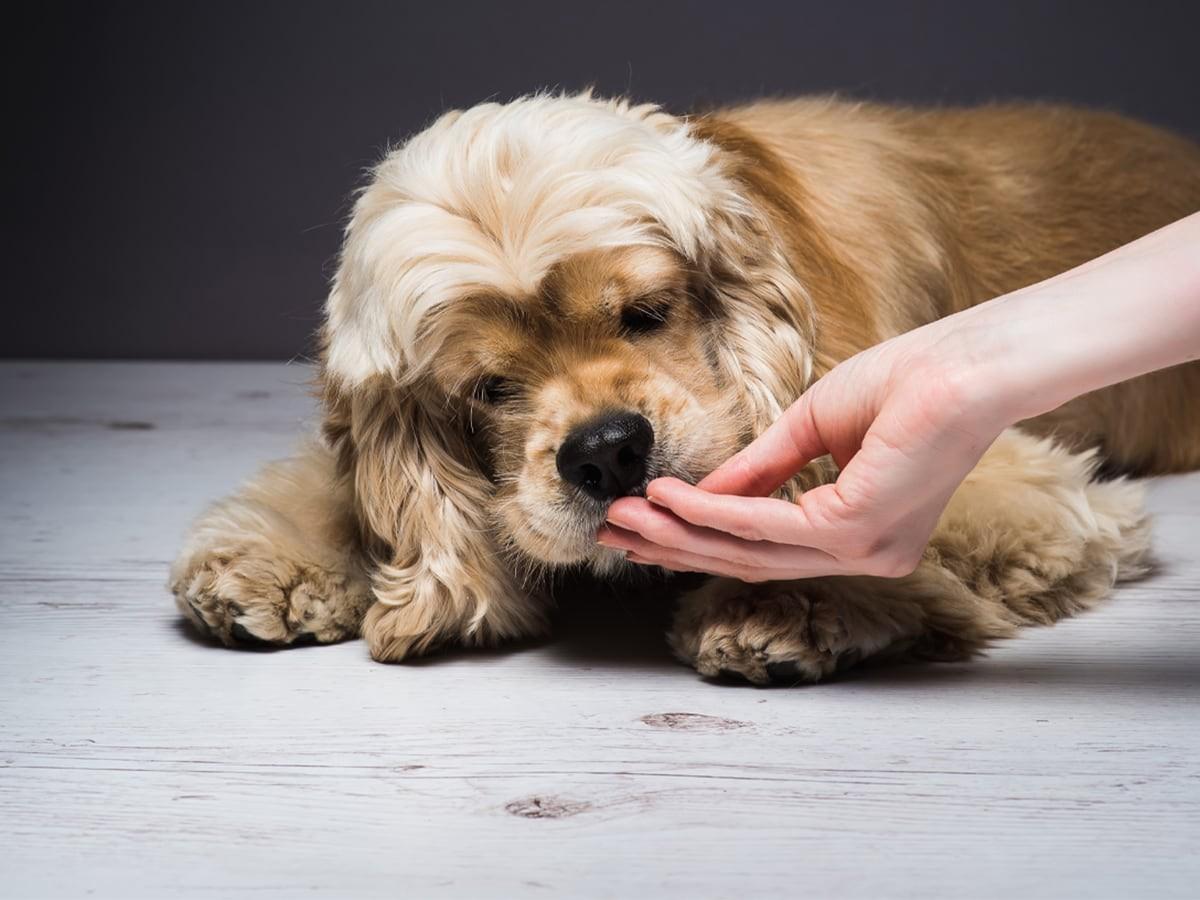Peanuts or groundnuts are a popular snack and a versatile ingredient in many delicious foods. But when it comes to our furry friends, the question arises: Can dogs eat peanuts safely?
The answer is yes but with certain precautions. Let's delve deeper into the topic of peanuts for dogs, exploring their benefits, potential risks, and safe ways to incorporate them into your dog's diet.
Are Peanuts Good for Dogs?
In moderation, peanuts can be a healthy and enjoyable treat for dogs.
Health Benefits of Peanuts
Protein: Peanuts are a good source of protein, which is essential for building and maintaining muscle mass in dogs.
Healthy Fats: Peanuts contain healthy fats that support your dog's skin and coat health.
Vitamins and Minerals: They offer essential vitamins and minerals like Vitamin B6, Vitamin E, Niacin, and more, which contribute to overall well-being.
How Many Peanuts Are Good for Your Dog?
While peanuts offer benefits, moderation is crucial. Dogs are primarily carnivores, and their diet should mainly consist of meat-based protein. Peanuts are high in fat, which can be difficult for dogs to digest in large amounts. A couple of peanuts once in a while is a good guideline, regardless of your dog's size or age.
How Can You Feed Peanuts to Your Dog?
Here's how to safely incorporate peanuts into your dog's diet:
Unsalted: Choose unsalted peanuts, as excessive salt can be harmful to dogs.
Dry Roasted or Raw: Opt for dry-roasted or raw peanuts, as roasted peanuts with added oils or seasonings can upset your dog's stomach.
No Shells: Remove the shells to prevent choking hazards, especially for smaller dogs.
What Can Happen if Your Dog Eats an Unusual Amount of Peanuts?
What happens if a dog eats peanuts in excess? The good news is that peanuts are not toxic to dogs. However, their high-fat content can lead to digestive upset like diarrhea and vomiting if consumed in large quantities.
Which Dogs Should Not Eat Peanuts?
Some dogs may need to avoid peanuts entirely:
Dogs with Kidney Problems: The high sodium content in peanuts can worsen existing kidney or bladder issues.
Dogs on Specific Diets: If your vet has recommended a special diet for your dog, it's best to avoid introducing peanuts without consulting them first.
Overweight Dogs: Peanuts' high-fat content can contribute to weight gain, so they should be limited or avoided for dogs struggling with obesity.
Dogs with Allergies: Some dogs may be allergic to peanuts. Watch for signs like itching, swelling, or difficulty breathing after consuming peanuts.
Why Can Dogs Eat Peanut Butter but Not Peanuts?
While peanuts themselves are generally safe, peanut butter for dogs can be a preferred option. This is because commercial peanut butter often contains added salt and sugar, which can be harmful to dogs. Additionally, peanut shells can be a choking hazard. If you choose to give your dog peanut butter, make sure it's unsalted and xylitol-free.
What Nut Can Dogs Not Eat?
Several nuts are toxic or pose health risks to dogs, including:
Macadamia Nuts: These are highly toxic and can cause serious health problems even in small amounts.
Almonds: Dogs can't digest the proteins in almonds, and they may also contain aflatoxins, which are poisonous substances.
Pecans and Walnuts: These nuts can contain toxins that cause vomiting, tremors, and even seizures in dogs.
What Other Nuts Can Your Dog Eat?
While most nuts offer little nutritional value to dogs, pistachios and cashews (unsalted and shell-free) can be given in moderation as an occasional treat.
Conclusion
So, can dogs eat peanuts? Yes, they can, but in moderation and with proper preparation. Peanuts can provide some health benefits, but it's essential to be mindful of the potential risks, especially for dogs with specific health conditions or allergies.
Remember, always prioritize your dog's health and consult your veterinarian for personalized dietary advice. If you're unsure about introducing any new food to your dog's diet, including peanuts or peanut butter, it's best to err on the side of caution and seek professional guidance.

I’m Charlie: canine enthusiast with a knack for figuring out why my dog, Dallas, is more infatuated with tennis balls than me. My lifelong passion for dogs has created a dedication to help other pet parents better understands their furry family members!
3 Types of Nuts That Are Safe for Dogs to Eat. (2021). In Pawlicy Advisor. https://www.pawlicy.com/blog/safe-nuts-for-dogs/
Are Peanuts Safe for Dogs to Eat? Food Safety & Health for Your Dog. (n.d.). In Nationwide Pet Insurance. Retrieved September 23, 2024, from https://www.petinsurance.com/healthzone/pet-health/pet-toxins/are-peanuts-safe-for-dogs/
Can Dogs Eat Peanuts? (n.d.). In American Kennel Club. Retrieved September 23, 2024, from https://www.akc.org/expert-advice/nutrition/can-dogs-eat-peanuts/
Burke, Anna. “How Many Treats to Give a Dog a Day.” American Kennel Club, American Kennel Club, 7 Feb. 2023, www.akc.org/expert-advice/nutrition/how-many-treats-can-dog-have/.
The information presented in this article is for educational and informational purposes only and does not constitute or substitute for the advice of your veterinarian.












